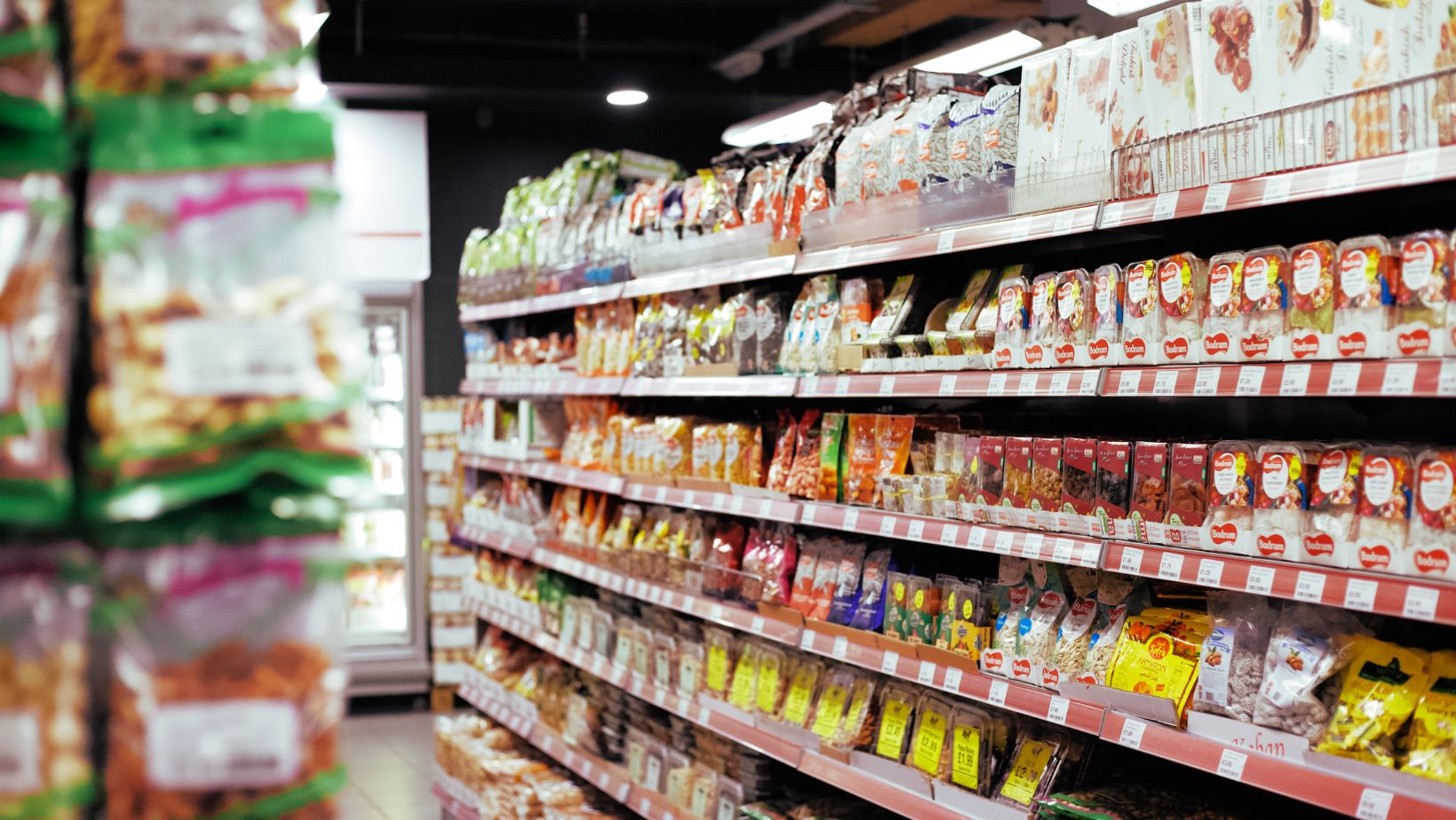In our modern world, food has become more than just fuel for our bodies. It represents a conscious choice we make three times a day, which has profound impacts on our health, environment, and communities. One option increasingly winning the hearts of health-conscious individuals is organic food. With promises of fewer pesticides, no GMOs, and more nutrients, it certainly presents a strong case. This article delves into the considerable benefits of organic food and the difference it can make in our lives.
Taste the Natural Goodness
One of the most undeniable benefits of organic food is its superior taste. Free from synthetic pesticides and chemicals, organic produce carries the genuine, unaltered flavor of nature. The soil in organic farming is enriched and nourished through sustainable practices, which contribute to the taste and quality of the food it produces. If you are yearning for that authentic, mouth-watering taste of fruits and vegetables, go organic.
In fact, many shops like the Organika, an organic food shop, go the extra mile to ensure you have access to a variety of organic produce that is both fresh and bursting with natural flavors.
Boosting Nutritional Content
Several studies indicate that organic foods, particularly fresh fruits, and vegetables, contain higher nutritional values than conventionally grown counterparts. This is primarily due to the method of cultivation and the absence of chemical fertilizers and pesticides. By allowing the crops to grow at their natural pace and in a healthier environment, organic farming enhances the nutrient content of the produce. Serenity kids helps us serve foods and snacks with maximized nutritional content.
Enhanced Animal Welfare
When we choose organic meat, dairy, and eggs, we are not just making a healthier choice for ourselves but also promoting more humane and ethical treatment of animals.
Organic farming regulations stipulate better living conditions for livestock, including access to outdoor spaces, fresh air, and organic feed. These animals are not administered antibiotics or growth hormones, ensuring that the end product is both ethical and devoid of unnecessary chemicals.
Reducing the Chemical Load
One of the biggest concerns with conventionally grown food is the use of synthetic pesticides and fertilizers. These chemicals seep into the food we eat and eventually accumulate in our bodies, posing significant health risks. Organic farming, on the other hand, eschews these chemicals, leading to cleaner, safer food. By choosing organic, we can effectively minimize our exposure to these potentially harmful substances.
Promoting Biodiversity
Organic farming not only produces healthier food, but it also plays a crucial role in maintaining biodiversity. By avoiding monoculture (the practice of planting large amounts of a single crop), organic farmers promote a balanced ecosystem. They grow a variety of plants, which not only prevents disease and pest outbreaks but also encourages a diverse range of flora and fauna to thrive.
Mitigating Climate Change
Organic farming practices can play a crucial role in mitigating climate change. They focus on soil health, promoting practices that increase the soil’s ability to absorb CO2. This organic matter sequesters carbon, reducing the amount released into the atmosphere. Furthermore, since organic farming doesn’t rely on synthetic fertilizers and pesticides, it also reduces the emissions associated with their production and application.
Supporting Local Economies
When you buy organic, you’re not just investing in your health but also in local farmers and the community. Most organic farms are small to medium-sized operations run by families.
By choosing organic, you are supporting these farmers, who employ sustainable and labor-intensive practices to deliver high-quality food. This strengthens the local economy and fosters a sense of community, tying us back to the people and the lands that nourish us.
Final Thoughts
In our quest for a healthier lifestyle, the choices we make about the food we eat are of paramount importance. Organic food presents a viable option that addresses not just health considerations but also environmental and ethical ones. Incorporating organic food into our diet is an investment – an investment in our well-being, in the welfare of animals, and in the health of our planet.
We must remember that each time we purchase food, we are casting a vote for the kind of world we want to live in. By choosing organic, we are voting for sustainability, health, and flavor. Our food choices determine the future of our planet, and by opting for organic, we’re making a decision that benefits us all.
Our journey towards better health and a greener planet isn’t a leap but a series of steps. The next time you find yourself at a grocery store or a farmers’ market, reach for that organic apple or free-range egg and take that first step.
Bob Duncan is the lead writer and partner on ConversationsWithBianca.com. A passionate parent, he’s always excited to dive into the conversation about anything from parenting, food & drink, travel, to gifts & more!



